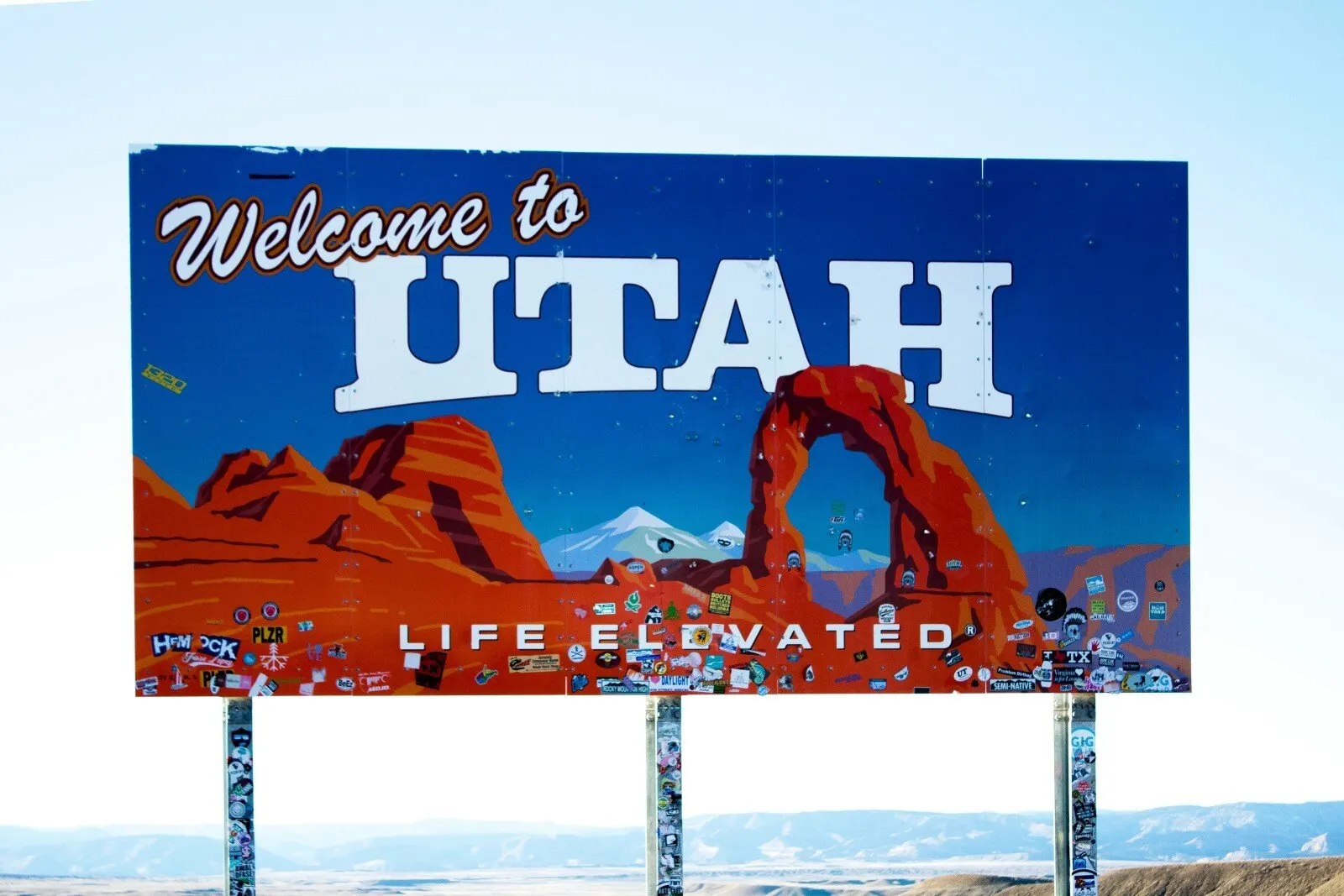The state of Utah has introduced comprehensive legislation that would authorize its state treasurer to invest public funds in digital assets.
Joining a wave of national interest, the "Blockchain and Digital Innovation Amendments" bill (H.B. 230), introduced by State Representative Jordan Teuscher on Monday, establishes a framework that includes incorporating novel provisions for staking, lending, and self-custody rights.
"This bill reflects our commitment to embracing cutting-edge technology and preparing for the future of finance while ensuring fiscal sovereignty," Teuscher wrote on X following the bill’s submission.
The proposed legislation permits up to 10% investment from several state accounts, including the State Disaster Recovery Restricted Account, General Fund Budget Reserve Account, Income Tax Fund Budget Reserve Account, and Medicaid Growth Reduction and Budget Stabilization Account.
Based on its provisions, the bill empowers the state treasurer to “engage in staking and lending of digital assets," provided that those assets fall "under specified conditions."
To qualify for investment, digital assets must either maintain a market capitalization exceeding $500 billion (averaged over 12 months) or meet strict stablecoin criteria, including backing by dollars or high-quality liquid assets and regulatory approval from U.S. authorities.
Encryption requirements
The Utah bill's security requirements are particularly stringent.
According to Section 67-4-20 of the legislation, the state must maintain cryptographic private keys "exclusively within an encrypted environment accessible only via end-to-end encrypted channels" and store hardware containing private keys in "at least two geographically diversified specially designated secure data centers."
The bill also protects individual rights to self-custody digital assets, stating that no state or local government entity may "prohibit, restrict, or impair" a person's ability to take custody using self-hosted or hardware wallets.
Crypto bills get stacked for approval
Utah's proposal follows similar initiatives across other states, following President Donald Trump's endorsement of a national Bitcoin stockpile.
Ten states proposing Strategic Bitcoin Reserves reveal notable technical variations in their approaches to handling digital assets.
Oklahoma and New Hampshire's proposals require digital assets to maintain a $500 billion market cap, effectively limiting investments to Bitcoin while maintaining technically neutral language.
Texas has taken a different approach with dual proposals: a Senate bill allowing up to 1% allocation from budget surpluses and a House bill focused solely on Bitcoin donations, though neither has advanced to law.
Several other state proposals have faced challenges, with Pennsylvania and Ohio's bills effectively stalled after their sponsors lost reelection, while North Dakota has only introduced a preliminary resolution encouraging digital asset investment.
If passed, the legislation for Utah would take effect May 7, 2025, making Utah the eleventh U.S. state to pursue such a measure.
Edited by Sebastian Sinclair

